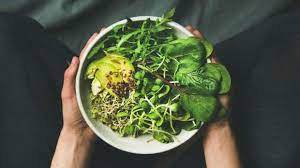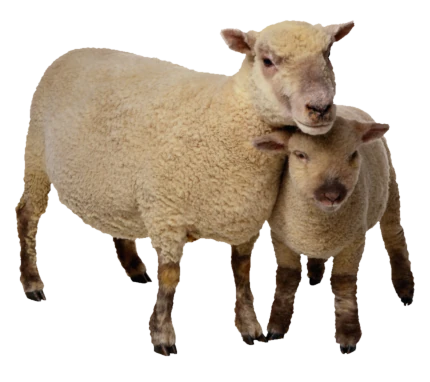Adopting a vegan diet can drop the household food bill by as much as 16%, potentially saving $500 or more per year. Veganism is widely recognized as a more environmentally sustainable, healthy, and ethical dietary choice. Now, “cost saving” can be added to this list.
Minimize Substitutes
Mock meat, dairy, and eggs are the plant-based versions of the animal alternatives. The retail price tag reflects the additional cost to develop and produce these faux foods. Good Food Industry reports that plant-based meats are two-thirds more expensive than animal meat. And plant-based egg prices are more than double their animal counterparts. Mock substitute products can be considered a treat, like the “caviar of plant-based food.” Save them as the focal point for a special meal, or for those occasions when available time trumps the cost.
Stick To Basics
Although substitute products may be convenient, they aren’t a necessity. Experts want people to know that a vegan diet of fruits, vegetables, grains, and beans is good for health and the budget.
“We hope it becomes common knowledge that eating a vegan diet based on fruits, vegetables, grains, and beans and avoiding meat, dairy, and other animal products will help you save money and stay healthy,” explained Hana Kahleova, Ph.D., director of clinical research at the Physicians Committee for Responsible Medicine, when discussing their new research with Nutrition Insight.
Hannah Coyne, campaign manager for The Vegan Society, says, “Our cost-comparison research found that vegan protein sources — such as lentils, peanut butter, and beans — are some of the cheapest food options.”
A whole food, plant-based diet centered around vegetables, grains, legumes, and fruits can be highly affordable if planned correctly, and is generally less affected by inflationary trends. According to the U.S. Bureau of Labor Statistics, the average price per pound for ground beef is $5.22 — more than triple that of beans, which are just $1.63 per pound. In addition, beef has increased by 8.1% in the last year, whereas the price for dried beans has dropped by 3% despite the current inflationary market.
Make It Taste Good
There’s no denying that a wholefood plant-based diet is a significant change from the average American diet, which is low in fruits and vegetables and high in fat and sodium, according to the Missouri Medicine Journal. Transforming your diet overnight might be inspiring, but it probably won’t last too long. An enjoyable, sustainable transition needs some planning.
Long-term change is essential to have a meaningful impact on your bank account and your health. Recreating familiar foods that you enjoy is a key step. Begin by thinking of your favorite meals, then swap out the meat, dairy, or eggs for cheaper wholefood alternatives. For example, instead of chicken curry, try chickpea curry.
Craving buffalo wings? Try cauliflower wings instead. Finding an option you like might take a few attempts, but stick with it, and you’ll reap the rewards. Families, in particular, will benefit from a gradual transition. Giving family members time to adjust helps sidestep the risk of people expecting different meals.
Shop Smart
Smart shopping is a crucial element in maintaining a budget-friendly vegan diet. Embrace local markets and seasonal produce for the best deals. Seasonal fruits and vegetables are cheaper and at their peak flavor and nutritional value. Take a look inside Asian and South Asian stores for unique ingredients like spices and grains that are often pricier when purchased in mainstream supermarkets.
Comparing prices and being open to shopping at different stores or finding bulk deals can lead to significant savings. Shopping online for private-label pantry staples can also be a way to save extra money. As a bonus, buying canned or dried beans, legumes, and rice with a long shelf life will also mean less food waste.
Meal Prep
Meal prepping is an efficient way to save both time and money. Dedicate a day to prepare meals for the week and prioritize high-protein options like tofu scramble to keep you full and satisfied. This approach minimizes the temptation of impromptu takeouts or expensive convenience foods.
Writing out your weekly meals provides a helpful diet overview and will make it easier to meet your nutritional needs. As long as they are appropriately planned, vegan diets can be healthful, nutritionally adequate, and may even help prevent certain diseases, according to the Academy of Nutrition and Dietetics.
Batch cooking and freezing portions ensure you always have quick, healthy meals on hand. Meal prepping also allows you to buy ingredients in bulk, which is often more cost-effective. By planning your meals, you can ensure a varied and balanced diet, reducing food wastage and making the most of every grocery purchase.

